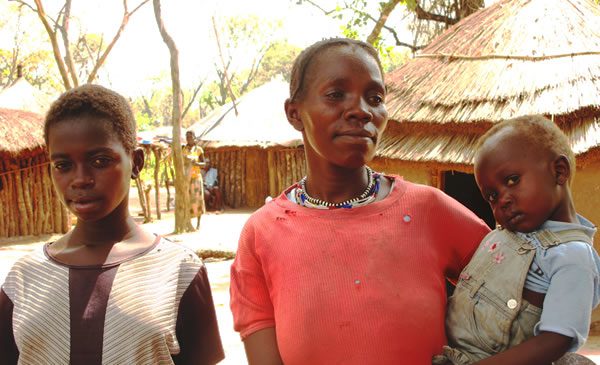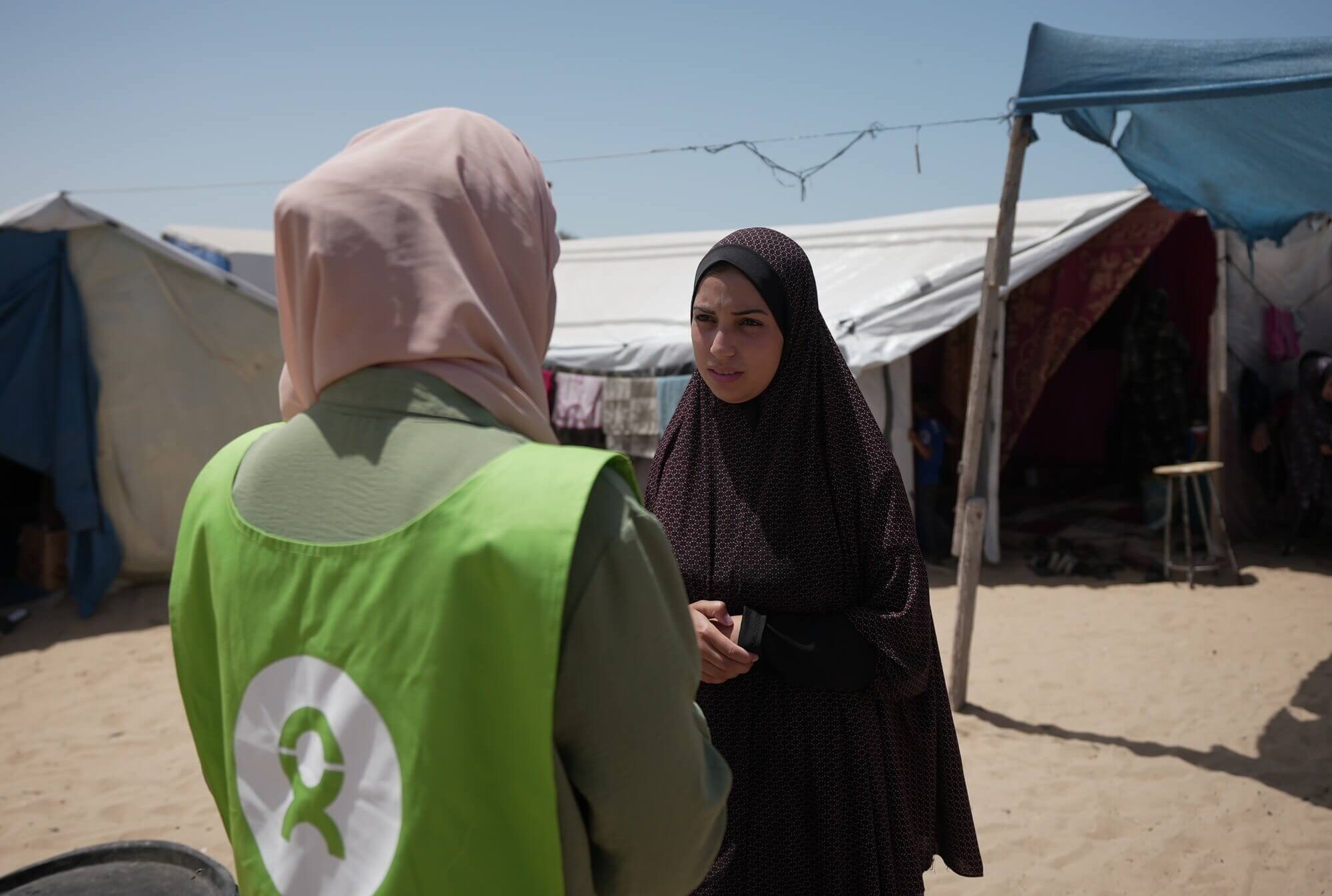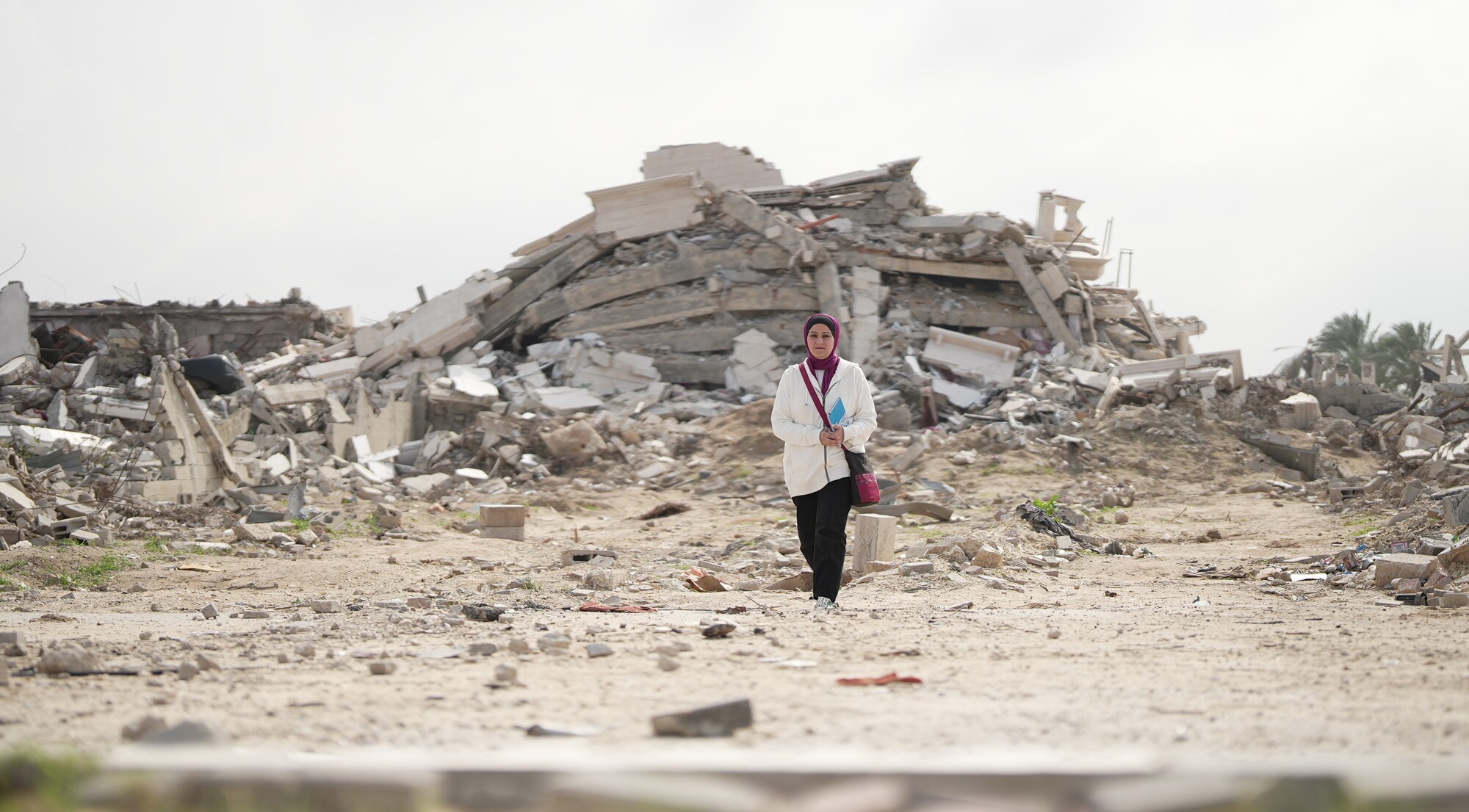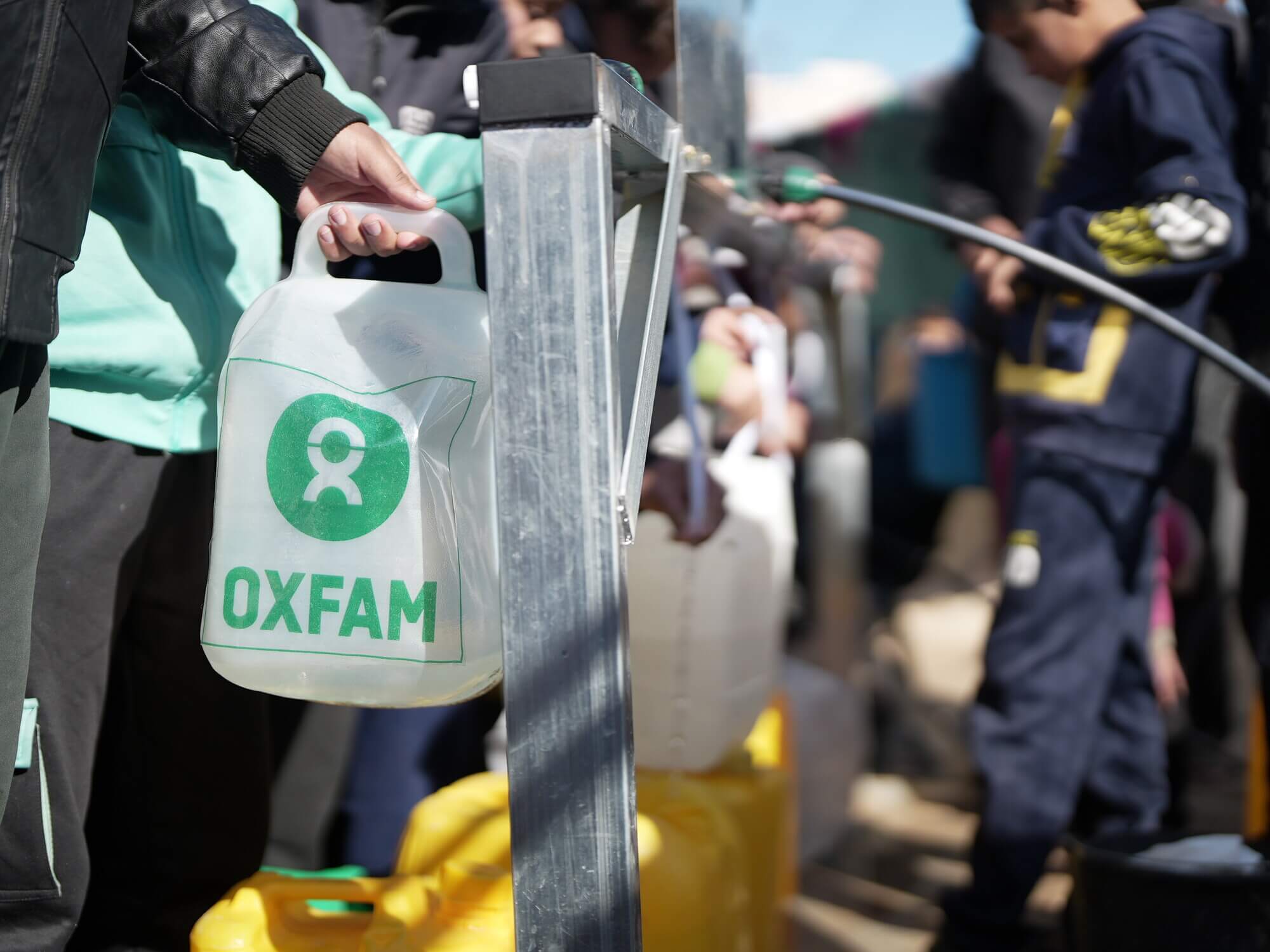Southern Sudan is preparing for its historic referendum on 9 January, in which southerners will vote whether to become the world’s newest independent country. Augustino Buya, one of Oxfam’s longest serving staff, reflects on how life in Juba – the southern capital – has changed over the past few decades of war and peace.
The war started in 1983, further north than Juba, in areas like Upper Nile and Bahr el Ghazal. But by 1985 it had moved south. I remember the first big arrival of people in Juba, which was the biggest town in the south but was held by the northern army. The Sudan People’s Liberation Army (SPLA) attacked in 1985 and 40,000 people came to the town and set up camp. Oxfam helped to provide them with food and shelter.
Within a few years there were almost 250,000 people in Juba, who had sought refuge from other parts of the south. For many people, Juba was closer and easier to reach than the refugee camps that were growing in Kenya and Ethiopia.
There were some very difficult times. In 1988 the SPLA managed to seize Juba for one month and no aid planes could land. In 1989 the shelling started. It would last all day, sometimes from 6am to 6pm! It went on like this for years.
It was 1984 – just after the war resumed – that my association with Oxfam began, working in Juba for one of its partners. A few years later I became relief coordinator, and then in 1992 there was a big attack on Juba. The sole expatriate staff member was evacuated to Khartoum in the north. He never came back, and I became the acting head of office.
Oxfam was divided into two – Oxfam in the areas controlled by the northern government (including towns like Juba in the south) and Oxfam in areas controlled by the SPLA (the southern rebel movement). We couldn’t travel between the two. The only time we saw each other was when we had meetings in Nairobi!
The conditions in Juba were horrible in those days. The town residents lived in grass tukuls (traditional huts). The displaced people and new arrivals lived in tents. Life was very harsh. There was little food – the displaced people had nothing and were totally dependent on food aid flown in by aid agencies. The residents – at least those with jobs – bought from traders who flew some food in. Juba was a heavily fortified garrison town with a lot of northern troops who needed feeding – traders always had business. But it was difficult to get food in as all the roads were closed. The SPLA surrounded the town. The only way in or out was flying.
Working in those days was very difficult. Even talking to managers outside the country was a huge challenge. There were no phones, and our radios were confiscated. Sometimes we could give letters to the UN and they would take them to our office in Khartoum. But we couldn’t do that for sensitive information – that we had to keep in our heads!
In 2005 a peace agreement was finally signed. There have been huge changes in Juba since – many very positive.
Foreign investors have come into Juba to run businesses – mainly from neighbouring countries like Kenya, Uganda, Ethiopia and even Somalia. The infrastructure has improved – there are more and better roads, within Juba and linking nearby towns such as Yei. There is lots of construction, and houses being built. School enrolment has increased and hospitals have expanded – though there is still a lack of medicine.
However there is also a sense of frustration. When peace came, people expected that it would bring more employment and basic services. Yet there is a feeling among many people that the peace dividends are not reaching them. Things are better, but still not as good as people expected. The money is not reaching ordinary people.
Much of the development is in major towns like Juba, or to a lesser extent state capitals like Wau and Malakal. In the villages there is little change. They still rely a lot on NGOs to provide services. In Western Equatoria, for example, Oxfam is drilling boreholes to provide clean, safe water – but many people still get their water from dirty, stagnant sources.
Despite the frustrations, people are excited about the referendum. They hope it will bring the improvements they want to see. Nobody really knows what will happen – there is a risk of war resuming again, but if the international community can pressure the two parties to reach agreement then it could be peaceful and bring real improvement to people’s lives.



